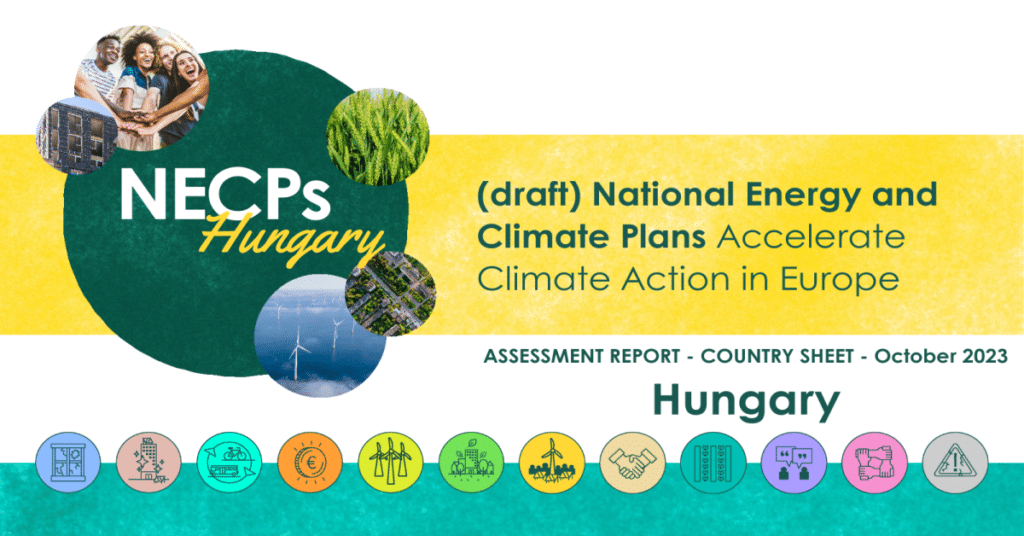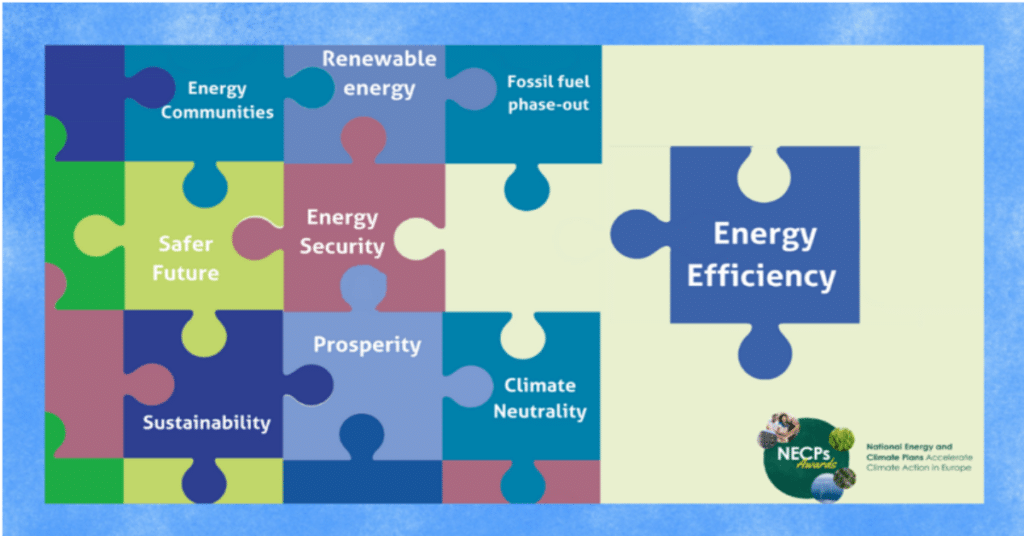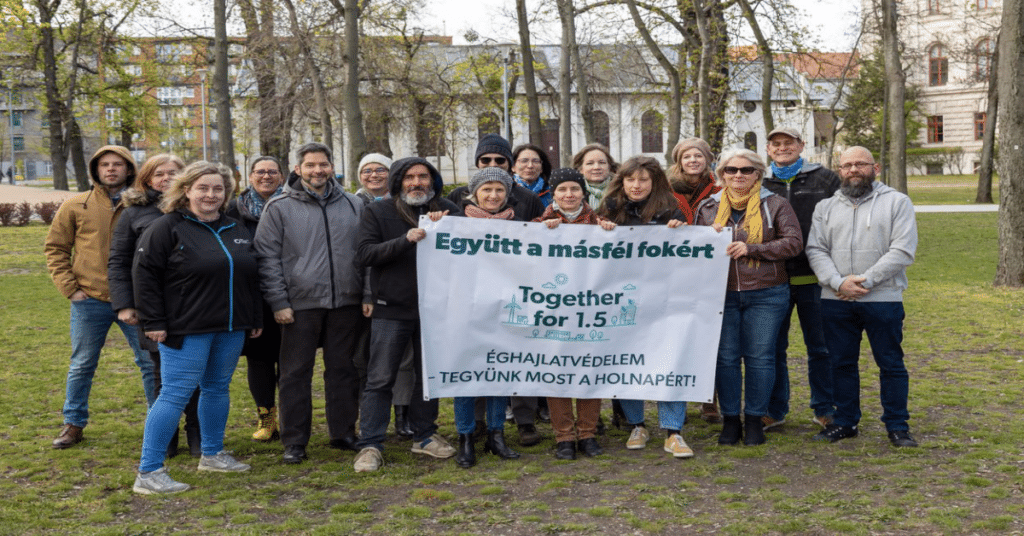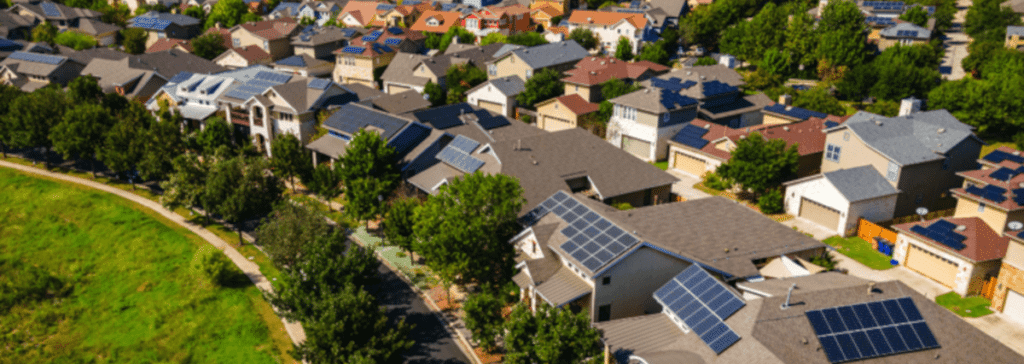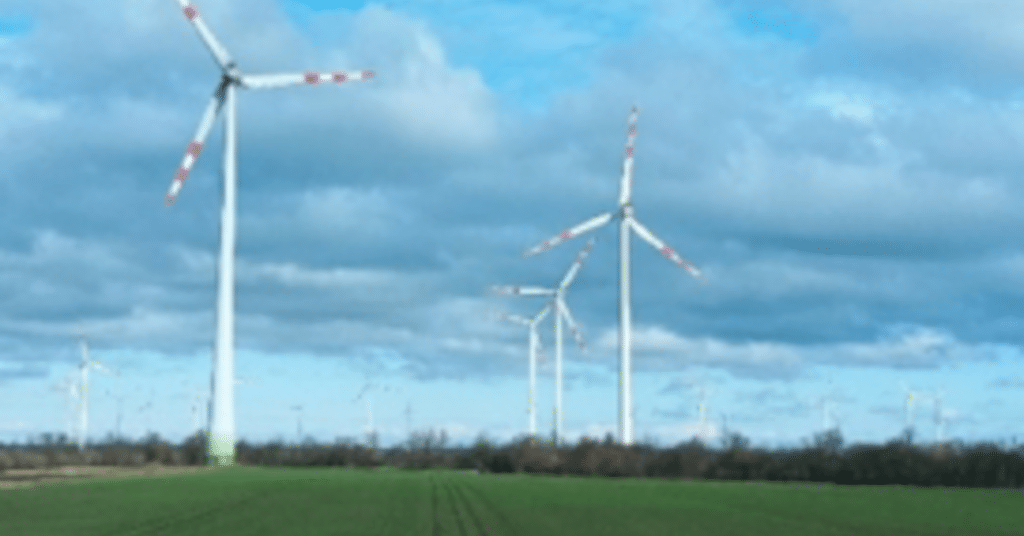Speed up (energy) transformation, Hungary!
Accelerated and ambitious climate action via energy transformation and energy efficiency is the way forward to secure clean and affordable energy to citizens. Hungary should rely on public consultation in the design of its NECP to gain wide ownership and to support effective and efficient implementation. The government should speed up energy transition via creating a favourable and predictable legal and financial framework for switching to a diverse renewables-based energy mix rather than re-fossilizing the economy.
Click HERE to download the Hungarian draft NECP country assessment
Hungary – climate action progress in figures
Check Hungary’s implementation of its National Energy and Climate Plan
In the draft NECP update, the Hungarian government supports reindustrialisation (battery-related factories) rather than increased climate ambition. Current uncertain regulation of renewable energy sources and energy communities results in investment hesitation; lifting of legal restrictions on wind energy and licensing should be accelerated. A comprehensive energy renovation program for residential buildings is needed.
Hungary postponed coal phase-out; and even plans 1500 MW new fossil gas infrastructure, contradicting the objectives of the Paris Agreement. Fundamental transformative policies for public transport and the LULUCF sector would receive limited funds. Hungary should speed up energy transition and allocate enough EU funds for that purpose.
Check the methodology behind the figures
Check the key findings the tracker reveals
Ambition
Accelerated and ambitious climate action via energy transformation and energy efficiency is the way forward to secure clean and affordable energy for citizens. Hungary should speed up energy transition via creating a favourable and predictable legal and financial framework for switching to a diverse renewables-based energy mix rather than re-fossilizing the economy.

